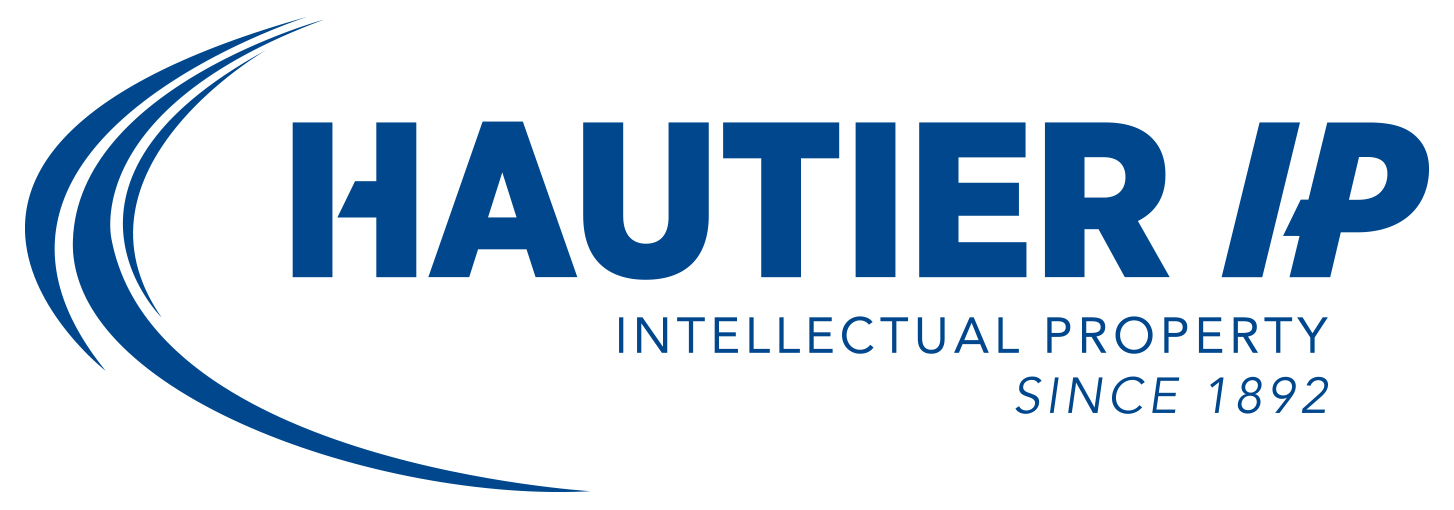
- Home
- >
- Pages
- >
- Your project
- >
- Litigation and defence
- >
- Freedom to operate
Freedom to operate
As you may be aware, a patent, trademark or design constitutes a monopoly of operation. That means these industrial property titles allow the owner to prohibit a third party from operating them. Inversely, obtaining an industrial property title does not give you a right to operate. In other words, the mere fact of owning a title of protection does not mean that you can freely operate the object to which the title is attached.
A freedom to operate study makes it possible to determine the exact scope of protection conferred upon a product by an industrial property title. The purpose of such a study is to determine the risks of a product being seen as infringing on the selected title(s).
A freedom to operate study thus helps to limit the risks of infringing on the title of a third party thanks to a knowledge of their title’s precise scope of protection.
A freedom to operate study can be based on a document that you have identified, to see if your operation constitutes an act of infringement upon it.
Frequently, you may not have identified a specific title, but one or more competitors likely to hold a title that may hinder your operations. In this case, freedom to operate includes a search for protection titles hindering your operations.
Lastly, well ahead of operating, you may be looking to find out about the stakeholders on a market and their titles’ scope of protection.
In this case, the search mainly serves to identify competitors, then select titles that could interfere with your operations.











